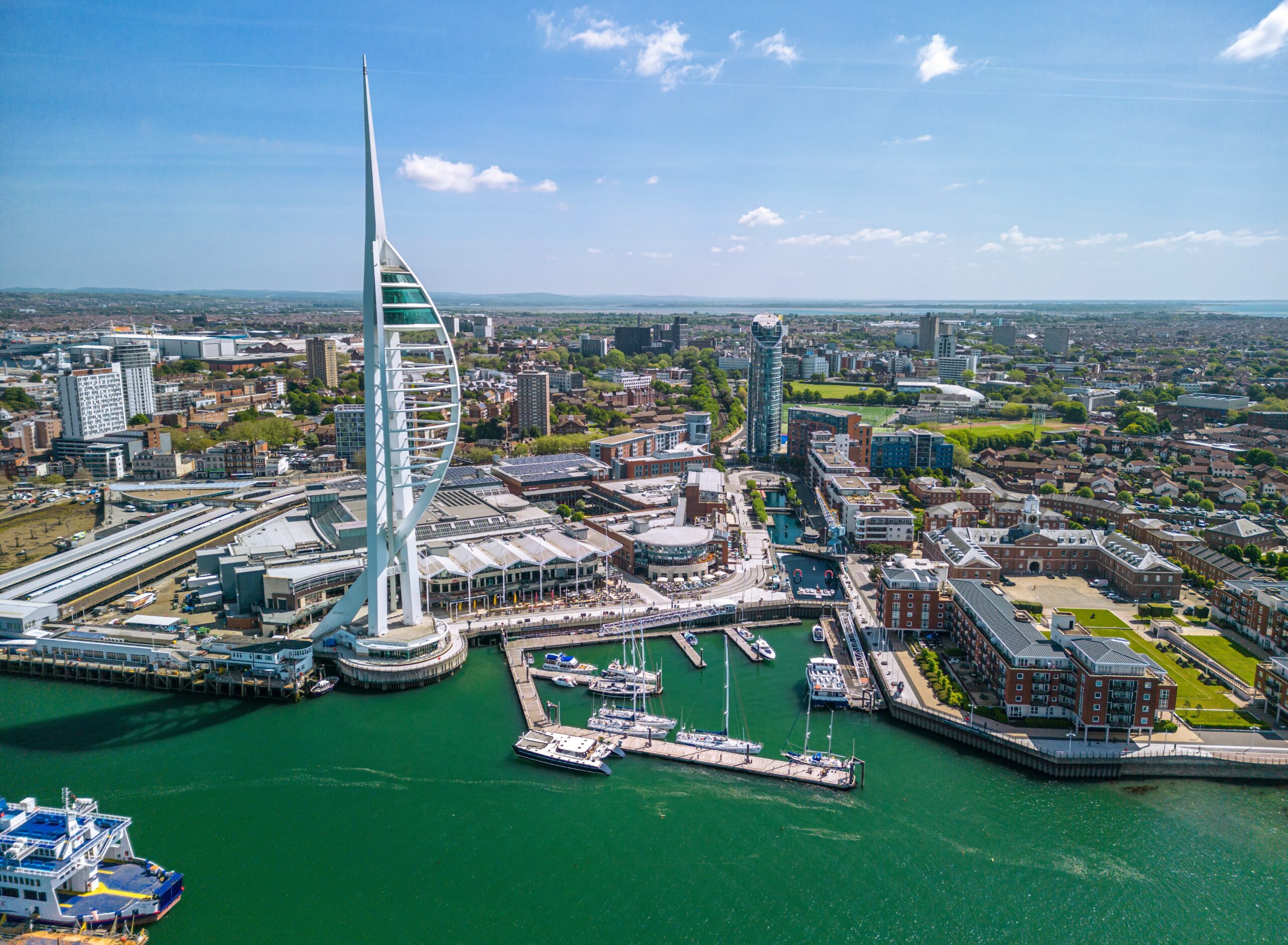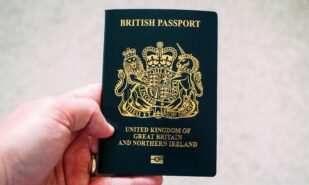Portsmouth Border Post: a £24 million useless enterprise
Portsmouth, a coastal city with a rich maritime history, has become a source of significant logistical issues emblematic of the overall situation in the country post-Brexit. At the heart of the matter lies a border control post worth £24 million, which now stands as evidence of colossal government mistakes and the challenges of economic navigation in the new era of trade rules.
Conceived in the fervour of Brexit, the border control post at the Portsmouth International Port was created as a key point for UK international trade and maritime policy post-Brexit. Its construction, funded by a £17 million government grant and £7 million from the Portsmouth City Council, was touted as a crucial step towards securing the country’s borders and facilitating the smooth movement of goods.
However, as the winds of Brexit changed and the regulatory framework evolved, the grand design of the new border post began to crumble. Theoretically capable of inspecting and processing up to 80 trucks of goods per day, it faced a harsh reality: a lack of demand. Currently, only 4-5 trucks pass through the post daily at best. At least half of the once-promising facility, equipped with 14 loading bays, sits idle.
The dire situation in Portsmouth stems from the complex web of agreements post-Brexit. Multiple changes in border protocols rendered a significant portion of the facility redundant, casting doubt on its economic viability. Due to hefty operational costs (around £800,000 annually), the border post has become not a gateway from Britain and an engine of the local economy but a heavy financial burden on Portsmouth and the entire country.
Mike Sellers, the director of Portsmouth International Port and chairman of the British Ports Association, succinctly describes the dilemma: “This was built to a Defra [Department for Environment, Food and Rural Affairs] specification when the border operating model was announced and it’s been mothballed for two years while the checks were delayed.”
For the Portsmouth City Council, this burden is not only financial but also political. Councillor Gerald Vernon-Jones, who heads the council’s transportation department, laments the situation and expresses disappointment from both taxpayers and local officials. “Half of this building is going to be left empty, idle, unused, and yet it’s costing council taxpayers of Portsmouth a great deal of money,” Vernon-Jones complains.
Portsmouth, which serves as the primary alternative to Dover, was supposed to play a crucial role in securing food imports into the country. The potential closure of the border post threatens to undermine this vital function and put Britain’s supply chain at risk by overly relying on a single route. However, the situation is not resolving quickly, as discussions are already underway to demolish the Portsmouth border post and construct something more economically viable in its place. This, of course, will require substantial expenses and increase pressure on the Dover port.
Amidst all this chaos, the British Ports Association has called for heightened readiness. In two months, new inspection rules are set to be implemented, putting all ports in the country in a state of uncertainty, including regarding operating hours, staffing requirements, and tax levies. The lack of clear guidance from government circles only exacerbates the anxiety among port officials.
The fate of the border post in Portsmouth hangs in the balance and serves as a stark symbol of looming problems. “It’s a total and absolute mess, we have an enormous white elephant here,” asserts Vernon-Jones, underscoring the severity of the situation (he refers to a ‘white elephant’ as property that requires care and expenses but brings little profit). The border post, outdated even before its opening, serves as a harsh reminder of the dangers of bureaucratic inertia and the consequences of hasty political decisions. Only time will tell if lessons will be learned from this costly venture.













